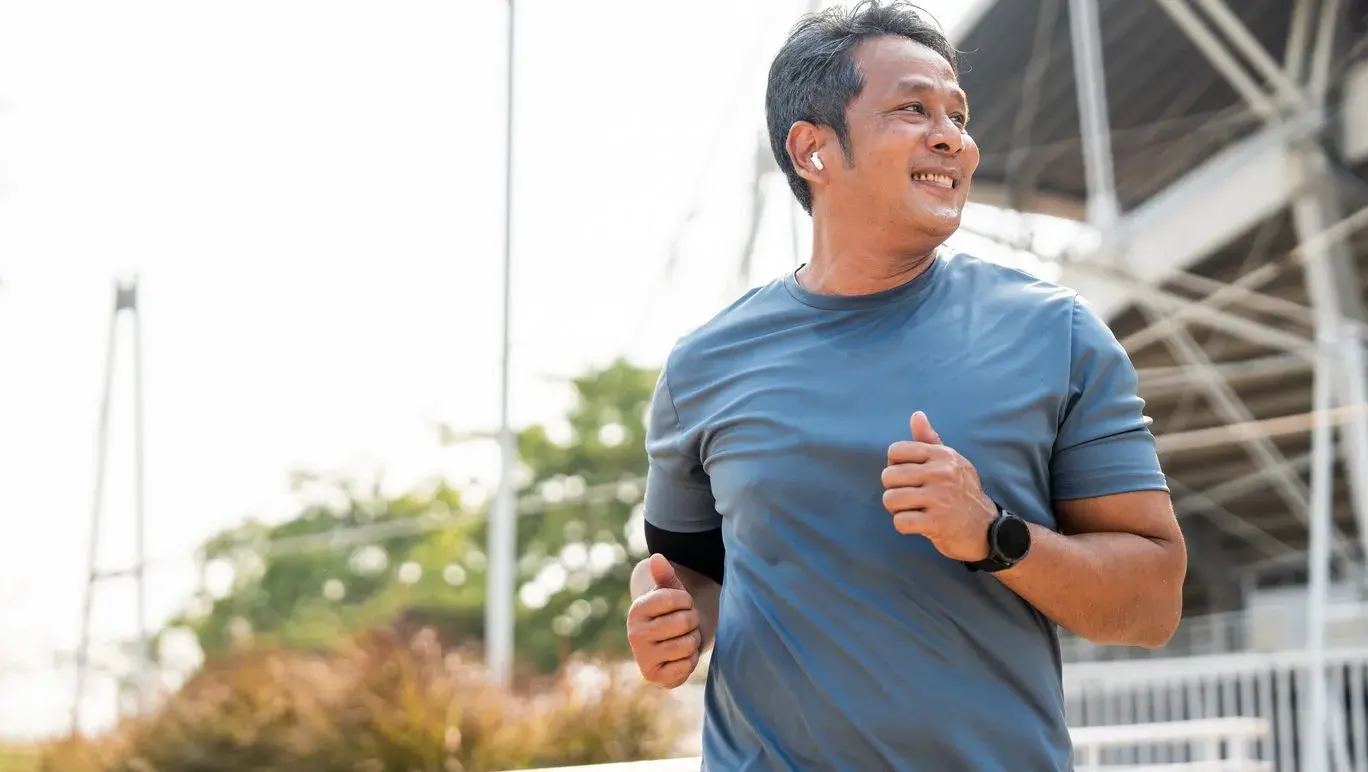What is ‘biohacking’ and does it actually work?

In the ever-evolving world of health and wellness, biohacking has emerged as a buzzword promising enhanced energy, performance, longevity and even mental clarity. But is it just a wellness fad, or are there evidence-based benefits behind the hype?
We take a closer look at what biohacking involves, what the science says, and how to approach it with a balanced, informed mindset.
What is biohacking?
Biohacking means making small changes to your diet, lifestyle, or environment to improve your health, sharpen your mind, and support longevity. Think of it as a DIY approach to optimising how you feel and function, based on what works best for you.These methods can be as simple as tweaking your diet, or s as advanced as using high-tech tools. Examples include:
- Tracking health metrics with wearable devices
- Intermittent fasting to support metabolic function
- Targeted nutritional strategies for energy, focus or recovery
- Use of supplements and nutraceuticals (products derived from food sources that provide health benefits e.g. omega-3s) to enhance performance or longevity
- Emerging therapies such as red light therapy or cold exposure
At its core, biohacking is about individualised health optimisation. It appeals particularly to those looking to move beyond conventional, one-size-fits-all health advice and instead adopt a more tailored, proactive approach to wellbeing.
Does it work?
The short answer is: it depends.
Some biohacking methods are well-supported by research. For example, intermittent fasting has been shown to improve insulin sensitivity and support cellular health, while mindfulness practices are widely recognised for reducing stress and supporting mental wellbeing.
Other techniques, such as red light therapy or NAD+ supplementation, show promising early research but lack long-term human studies or consistent clinical evidence. It’s also important to note that not all approaches are appropriate, or effective for everyone.
The effectiveness of biohacking largely depends on:
- The goal (e.g. improving sleep vs. boosting cognitive performance)
- The method used
- Health status, environment, genetics and even gender
As with any health trend, critical thinking is essential. It’s important to distinguish between well-researched, low-risk strategies and those that are experimental, costly, or lacking scientific safety.
What is a biohacking diet?
There’s no one-size-fits-all “biohacking diet”. Rather, it means eating with purpose to improve health outcomes based on your own goals and how your body reacts.. This could include:
- Supporting blood sugar regulation through lower glycaemic meals.
- Following a time-restricted eating window.
- Emphasising anti-inflammatory or brain-supportive foods.
- Personalising nutrition based on gut health, food sensitivities or genetic data.
Some people follow specific diets, like keto or paleo. Others take a more intuitive approach by eating healthy wholefoods and paying attention to how their body feels.
Ultimately, optimising your diet is all about paying attention to how food affects your energy, mood, thinking, and physical performance, and seeing what works best for you.
Are there supplements for biohacking?
Yes, many individuals interested in biohacking incorporate targeted supplements to support specific outcomes, such as sleep quality, energy production, stress resilience, or longevity.
Common supplements associated with biohacking include:
- Magnesium — supports sleep, stress regulation and muscle function.
- Omega-3 fatty acids — linked to cardiovascular and cognitive health.
- Herbal medicines — (e.g. adaptogens like ashwagandha or rhodiola) may support a range of processes like stress tolerance.
- NAD+ precursors— (e.g. nicotinamide mononucleotide or NR) emerging research suggests a role in cellular ageing,though human studies are ongoing.
- Vitamin D — essential for immune health and mood, especially when deficient.
As with any supplement, quality, dosing and context matter. While supplements can be useful tools, they work best when they’re backing up the basics, not replacing them. Think: a balanced diet, good sleep, and moving your body regularly..
The bottom line
Biohacking reflects a growing shift toward personalised, preventative health. When approached thoughtfully, it can offer valuable tools for enhancing wellbeing, many of which are low-cost, low-risk, and supported by credible research.
But not all biohacks are created equal. Evidence quality varies, and some interventions may be unnecessary, or even counterproductive, without the right guidance. If you’re considering experimenting with more advanced techniques or supplements, it’s best to consult a qualified health professional, particularly if you have underlying health conditions or are taking medications.
More importantly, biohacking doesn’t have to be extreme, expensive or complicated. In many cases, the most effective interventions are also the simplest: eating well, managing stress, moving regularly, and paying attention to how your body responds.
Reviewed by the Healthylife health experts in August 2025.
This article is for informational purposes only and does not provide medical advice, diagnosis, or treatment. Any information published on this website or by this brand is not intended as a substitute for medical advice. If you have any concerns or questions about your health you should consult with a health professional.
